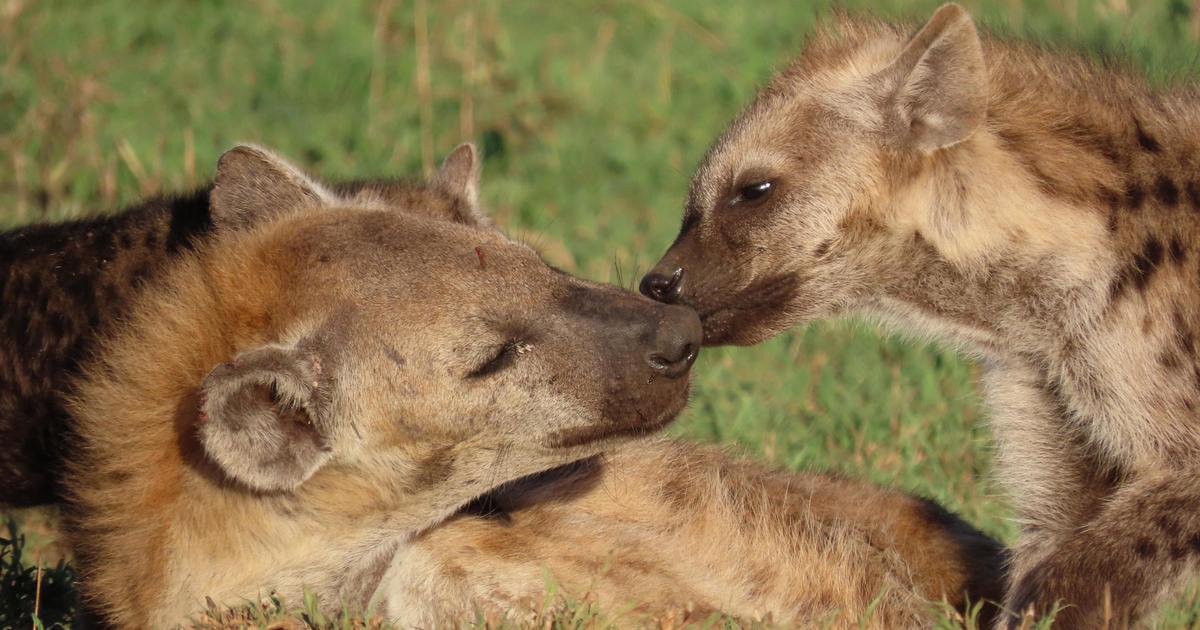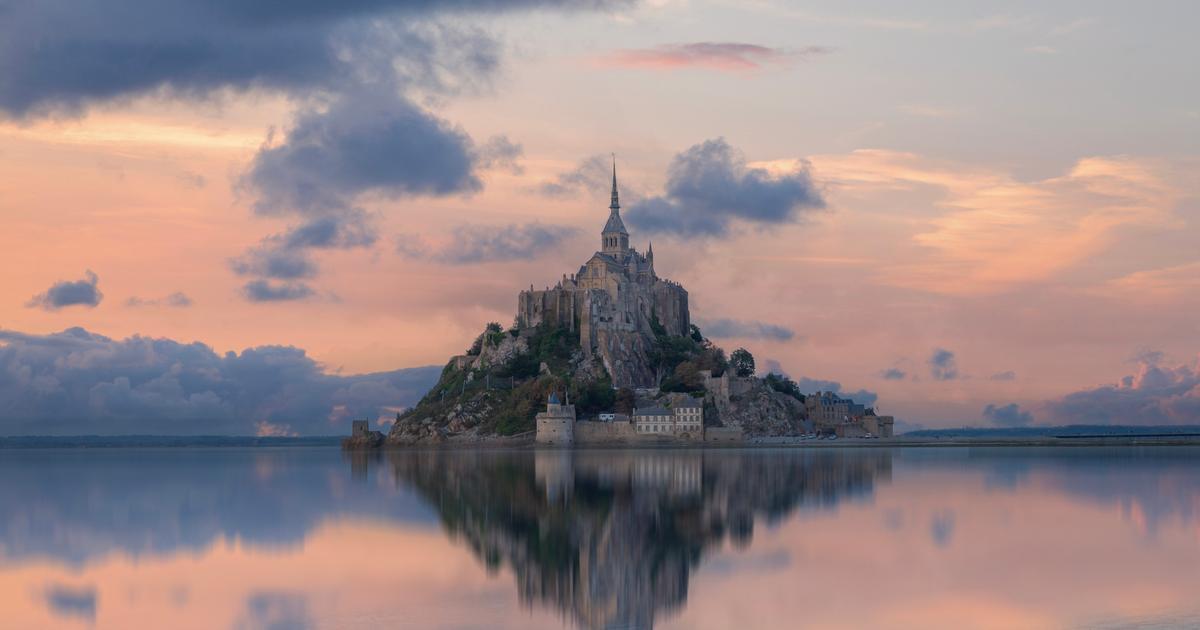Isabella Tree photographed in May 2020 in Knepp, Sussex, UK.Lia Brazier
Isabella Tree (Dorset, United Kingdom, 59 years old) and her husband, Michael Burrell, started 20 years ago a desperate and very complex project that has ended up having amazing results. He had just inherited Knepp Castle, from 3,000 hectares of land, which sounds wonderful at first. However, it was no more than a pile of exhausted land unable to produce anything after decades of intensive agriculture with 1.7 million euros in debt. Financially speaking, he had just inherited a brown. Luckily, they found a case of natural recovery in Holland and decided to try something similar. Today they are the promoters of the first feral lowland land in England to which all kinds of native varieties have returned, some of them in danger of extinction in the United Kingdom. They are responsible for the fact that fallow deer, nightingales, nettle butterflies or turtledoves have returned less than 70 kilometers from London. Tree, who is a journalist and writer, has just published a book about her experience: Afervestrados, the return of nature to our lands (Capitan Swing).
QUESTION. They trusted nature and it responded. What encouraged them?
ANSWER. It would be fantastic to say that we had the impulse to do so, but it was more that the farm was exhausted, many subsidies were about to disappear and we saw that it was not economically sustainable. We heard the example of the Dutch ecologist Franz Vera, who believes in renaturalization. Europe in the past was like the Serengeti, there were many wild boars, deer... If we recover diversity, we can recover those habitats.
Q. If biodiversity had been lost, how did the animals come back?
A. That is the great mystery. When you stop intervening in the terrain, and you encourage it by leaving horses and other species free, animals such as the ortiguera butterfly, which had disappeared years ago, return.
Q. What about trees? I think they were in dust when they inherited.
A. An oak expert explained that at first glance what seemed normal to us was a symptom of damage. We had planted our grain to the very base of the logs. Pesticide was poured and plowed, and in doing so we were damaging the very roots of the tree. It never occurred to us that we might be damaging them. Realizing that a lot was our fault was hard.
Q. What do you think we should change as a society as a result of their example?
A. Allowing nature to express itself does not go well with a rigid mindset that works by goals. It is important that we abandon the paradigm of constant replanting. Let nature be restored.
Q. How long did it take you to see the effects of land reclamation?
A. At two years old we started hearing a lot of insects everywhere. Bees, wasps, grasshoppers... That was the first revelation. Then we saw worms and heard different species of birds that we had not seen for a long time. In environmental terms, when the nightingales returned, ecologists began to study our terrain. Five years had passed.
Q. Could something similar be done on a small piece of land?
A. The smaller your land, the more work you will have to put on your part, but yes, it is possible, we have just published a practical guide on this subject (The book of wilding). You can start by bringing a pony and try to think like a beaver would. It's all about applying the rules of the natural process on your small piece of land.
Q. You talk about the generational effect, what does it consist of?
A. Each generation sees the landscape and assumes that what it sees is normal. I know that turtledoves, when I was little, announced summer every year. I can remember it. But my kids can't because they've never seen it. Each generation does not see the loss of the previous one. And so we lose our knowledge of the environment.
Q. What do you intend to do next at Knepp?
A. We want to enable corridors so that animals can change zones and meet other animals of their species, or they will not be very resilient in the future.
Q. They have even opened a safari area. Do many people go?
A. Look, that's been a totally unexpected source of income. We enter about a million a year, it leaves us a margin of 20%. We host a maximum of 100 people a day, it is almost always full. It took us a while to realize that people wanted to see what we had accomplished.
You can follow CLIMA Y MEDIO AMBIENTE on Facebook and Twitter, or sign up here to receive our weekly newsletter

/cloudfront-eu-central-1.images.arcpublishing.com/prisa/I7T3G6SFSZAJ3NZSHC4Y2Z5LHU.jpg)


/cloudfront-eu-central-1.images.arcpublishing.com/prisa/HIITBIJJ2HQW3PIAKJFZ2ZF5MQ.jpg)




